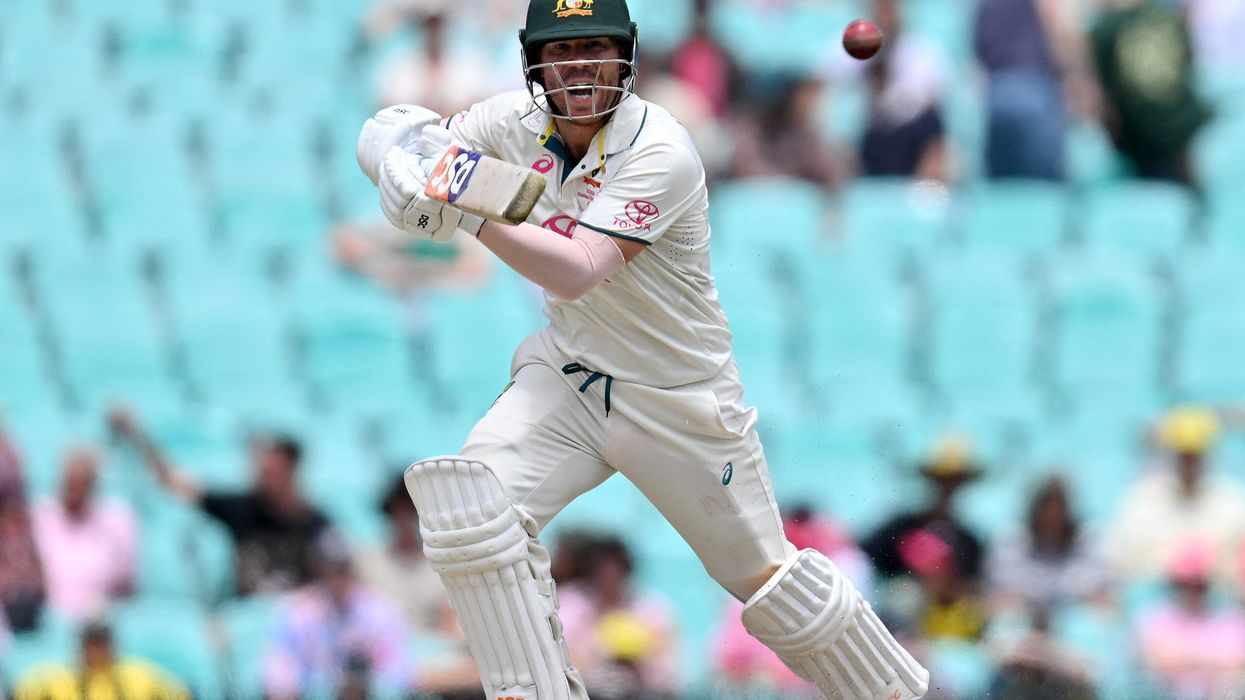DAVID Warner has informed Australian selectors that he is available to come out of retirement and play in the upcoming home Test series against India. The five-match Border-Gavaskar Trophy is set to begin in Perth on November 22.
The 37-year-old batsman said he is "dead serious" about his offer to return, particularly with Steve Smith aiming to move back to his preferred number four position, which leaves the selectors searching for an opening partner for Usman Khawaja.
Warner, who retired after the third Test against Pakistan in Sydney in January, has told Australian coach Andrew McDonald that he can step in if needed. However, McDonald appears less enthusiastic about the idea.
"I'm always available, just got to pick up the phone," Warner told News Corp on Tuesday. He suggested he could be a stronger option than players who have only just started their domestic Sheffield Shield season.
"I'm always dead serious. Let's be honest, the guys have played one red-ball game since their last Test matches in February, so I've almost had the same preparation. Honestly, if they really needed myself for this series, I’m more than happy to play the next Shield game and go out there and play."
Warner also noted McDonald’s response to his offer didn't indicate a recall was likely. "His answer back to me was, 'you retired'," Warner said. "I don't think he wants to give me the pleasure of him saying: Can you come back?"
Warner, who accumulated 8,786 runs in 112 Tests, has recently played in limited-overs franchise competitions in Canada and the Cayman Islands.
Meanwhile, Cameron Bancroft, Marcus Harris, and Matthew Renshaw are seen as contenders to open alongside Khawaja in the series against India.
(With inputs from AFP)




